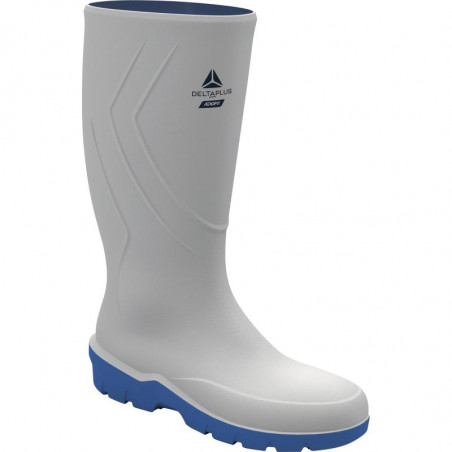The Russian invasion of Ukraine and the associated increased production costs have created pressure on markets. Slovakia together with Bulgaria, Hungary, Poland, and Romania have called on the European Commission to explore solutions to the adverse effects stemming from increased imports of agricultural products from Ukraine.
A large part of the production from Ukraine, which through Solidarity lanes was supposed to reach the markets of third countries, remains on the EU internal market. As a consequence, it depresses the price of grain products to such an extent, which refrains farmers in Slovakia and the aforementioned countries from selling their own products.

These countries have proposed the establishment of an EU instrument, through which grain would be purchased in cooperation with the World Food Programme (WFP) to reduce the pressure on EU Member States' markets. This instrument would help restore food trade flows and alleviate the impact of the invasion on third countries. As a result, grain would be supplied to the third countries that originally were receiving these shipments from Ukraine and relied upon them. Lastly, this would strengthen EU farmers' viability and competitiveness, who would also gain a more stable position in the market. These countries believe that this would be an effective solution since Member States would not be required to adopt additional restrictive measures that could disrupt the EU's single market. The purchase and sale of grain would be centralized, thereby avoiding possible trade speculation.
April 19, 2023/ Council of the
European Union/ European Union.
https://data.consilium.europa.eu







